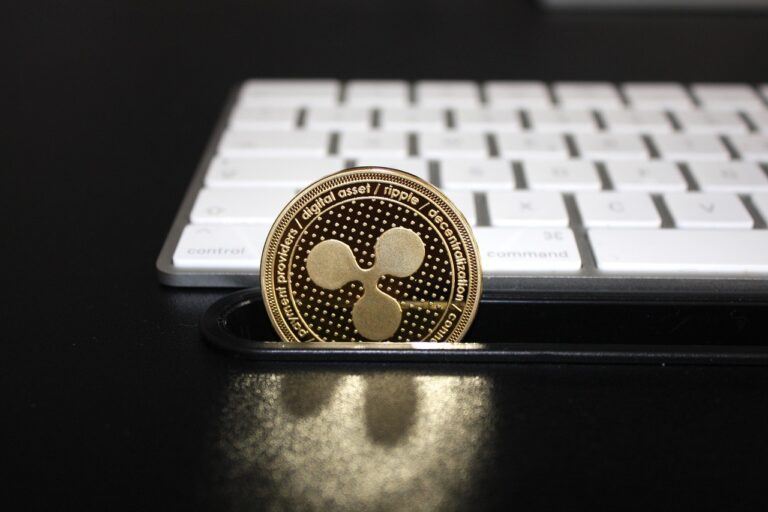Ripple is set to tap into the nearly $2 billion a year remittance market between Japan and the Philippines through the use of its on-demand liquidity (ODL) services, which leverages the XRP token.
In a blog post, the company noted that the traditional system of international payments is “often slow and expensive” and can siphon off valuable funds that would otherwise be used to buy food, pay rent, or medical bills. The Philippines, it adds, is the third-largest destination for remittances from Japan, with the country having one of the highest remittance costs in the world.
The market will now see Japan’s money transfer provider SBI Remit link with Philippines mobile payments firm Coins.ph and cryptocurrency exchange SBI VC Trade to open up a remittance corridor that uses on-demand liquidity between both countries.
The service, Ripple adds, will “provide faster, more affordable remittance options for customers.” It’s Ripple’s first ODL service implementation in Japan. It adds:
By leveraging the digital asset XRP to eliminate pre-funding, the two companies can also free up capital and accelerate the expansion of their own payments businesses.
Nobuo Ando, Representative Director of SBI Remit, noted that the firm sees “tremendous potential in leveraging blockchain technology to transform not only the way payment transactions are made but in how we manage our business by unlocking trapped capital.”
On-Demand Liquidity uses the XRP token to allow companies to transfer funds while freeing up capital. Companies transfer from one fiat currency to XRP and from XRP to another fiat currency to do so.
Earlier this month, Ripple’s Director of Developer Relations, Matt Hamilton, has claimed on social media that XRP was created by Bitcoin developers as a “better” version of the cryptocurrency once they realized “bitcoin’s energy usage was not scalable,” and that XRP’s use cases are “basically the same as Bitcoin.
DISCLAIMER
The views and opinions expressed by the author, or any people mentioned in this article, are for informational purposes only, and they do not constitute financial, investment, or other advice. Investing in or trading cryptoassets comes with a risk of financial loss.
IMAGE CREDIT
Featured image via Pixabay









